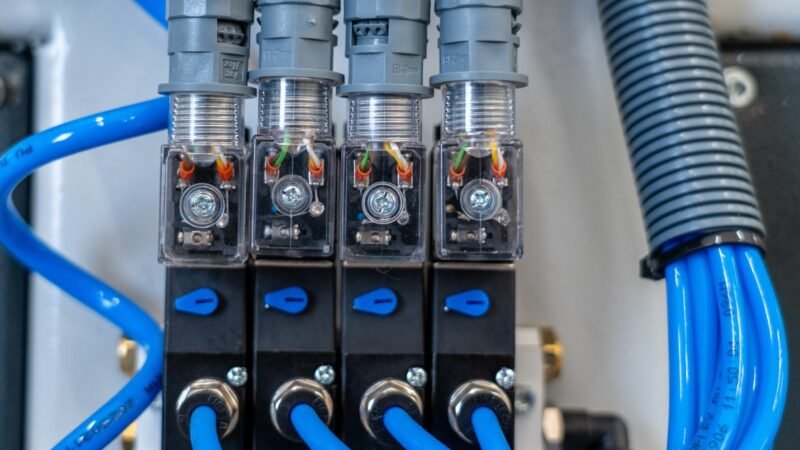Effective Monitoring of Employee Outside Activities for Fraud Prevention
In today’s competitive financial landscape, employee activities outside the workplace can sometimes lead to irregularities or even fraud, resulting in significant business losses. To safeguard corporate assets and maintain financial integrity, companies must implement proactive internal control measures that ensure transparency while respecting employee privacy.
The Importance of Early Detection
Fraud and financial misconduct often go unnoticed until the damage is done. Early detection is crucial, and regular yet discreet monitoring by the personnel department can help identify warning signs before they escalate. Changes in an employee’s spending habits—such as suddenly acquiring expensive assets—may indicate potential financial distress or misconduct.

Implementing Effective Control Measures
One way to mitigate risks is through periodic updates of employee financial records. Monitoring changes in assets and liabilities, such as a transition from renting an apartment to purchasing a home, allows companies to assess whether these financial shifts align with an employee’s income. By verifying whether acquisitions were financed through loans, inheritances, or other legitimate means, organizations can detect potential red flags.
This practice not only helps identify financial distress—possibly due to personal emergencies or health issues—but also discourages excessive speculation and prevents situations where employees feel pressured to engage in fraudulent activities.
Monitoring Employee-Customer Relationships
Beyond personal finances, organizations should also monitor employee relationships with customers. Unusually close interactions could indicate possible collusion, asset misappropriation, or unethical dealings. Regular reviews and discreet assessments of these relationships are essential to maintaining a secure and transparent work environment.
Best Practices for Employee Monitoring
To effectively balance oversight and ethical considerations, companies should implement the following best practices:
- Regular Reviews: Schedule periodic updates of employee financial records to identify unusual changes in financial status.
- Discreet Oversight: Use a confidential approach to monitor external activities while respecting privacy.
- Behavioral Indicators: Pay attention to sudden changes in lifestyle, spending habits, or financial commitments that do not align with an employee’s income.
- Relationship Monitoring: Watch for unusually close employee-customer relationships that may suggest misconduct.
- Documentation: Maintain accurate records of findings to support follow-up actions when necessary.
Fostering a Culture of Integrity
By taking these proactive steps, companies can detect early signs of financial misconduct, preventing potential fraud before it impacts operations. More importantly, establishing a structured but ethical monitoring system reinforces corporate accountability and financial integrity, creating a trustworthy workplace for employees and stakeholders alike.



